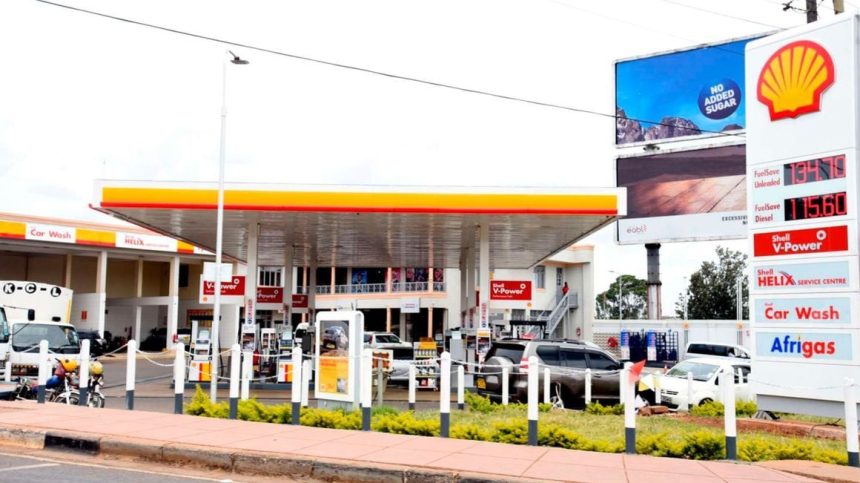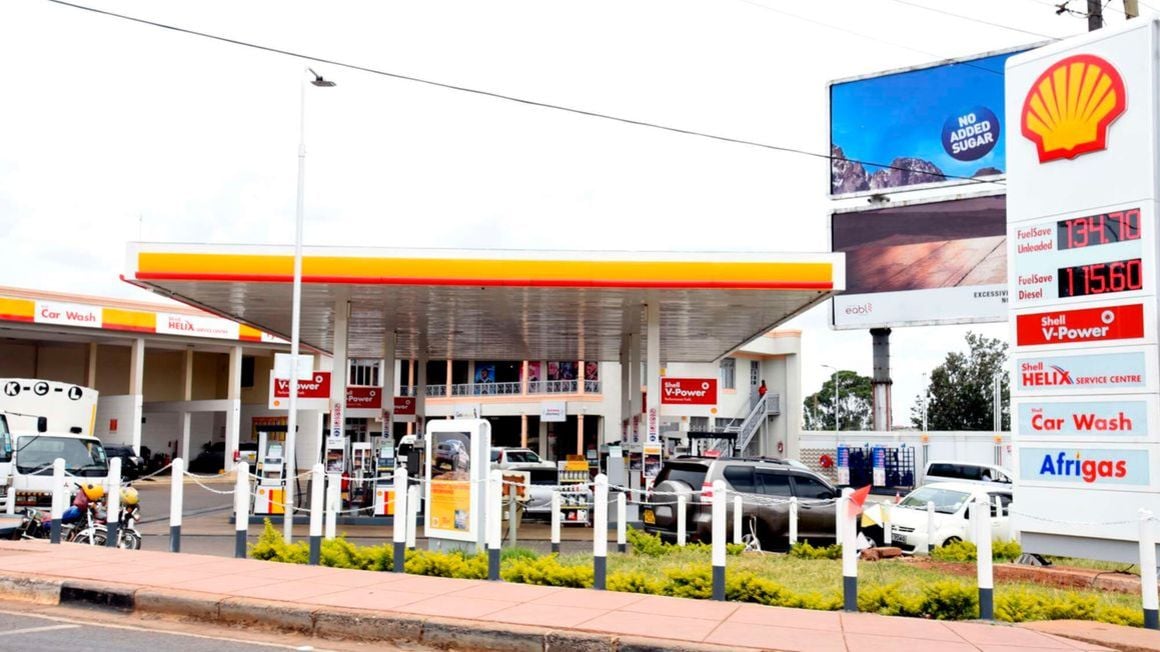Vivo Energy Kenya, the retailer of Shell-branded fuel products, recorded a 15 percent drop in revenue for the half-year ended June, weighed down by a depreciating shilling, which has hit multinationals that report local earnings in dollars.
The oil marketer’s parent company, Vivo Energy Group Plc, said the Kenyan unit’s revenue dropped to $785 million in the six months to June, from $924 million in the corresponding period last year.
While there was a drop in earnings in dollar terms, the local unit equivalent based on prevailing exchange rates as at the close of the respective reporting periods shows an increase in revenue.
By the end of June 2022, the shilling was exchanging at an average of 117.83 units to the dollar, valuing the 2022 half-year revenue at Sh108.9 billion.
The currency had depreciated to 140.52 units to the greenback by the end of June this year, valuing this year’s earnings at Sh110.3 billion.
Vivo did not provide a breakdown of product volumes sold in the Kenyan market but said its overall group gross profit fell by a fifth to Sh41 billion on account of lower volumes across its markets due to inflationary pressure on consumer spending.
The firm also cited the negative effect of depreciating currencies on margins.
“Gross profit decreased by 20 percent year-on-year, from $362 million in half one of 2022 to $288 million in half one of 2023, mainly attributable to lower volumes because of reduced consumer purchasing power which was impacted by increasing inflation rates,” said Vivo Energy Group in a half-year performance brief.
“Decreasing crude oil prices as well as the depreciation of local currencies further contributed to the lower unit margins.”
In other African markets, revenue from Senegal rose by 5.2 percent to $486 million in the half-year, while Morocco saw a drop of 7.9 percent to $816 million.
Latest data from the Energy and Petroleum Regulatory Authority (Epra) shows that as at December 2022, Vivo Kenya controlled an industry-leading 22.8 percent of the local petroleum sales market, ahead of TotalEnergies Marketing Kenya Plc at 16.4 percent share and Rubis Energy Kenya at 10.9 percent.
Epra data also shows that in the first four months of this year, consumption of super petrol and diesel fell by three and four percent to 669,793 cubic metres and 865,333 cubic metres respectively.
Consumption numbers for the May to July period are yet to be released, but the July figures will factor in the impact of higher pump prices following the doubling of VAT on petroleum products to 16 percent starting July 1.




